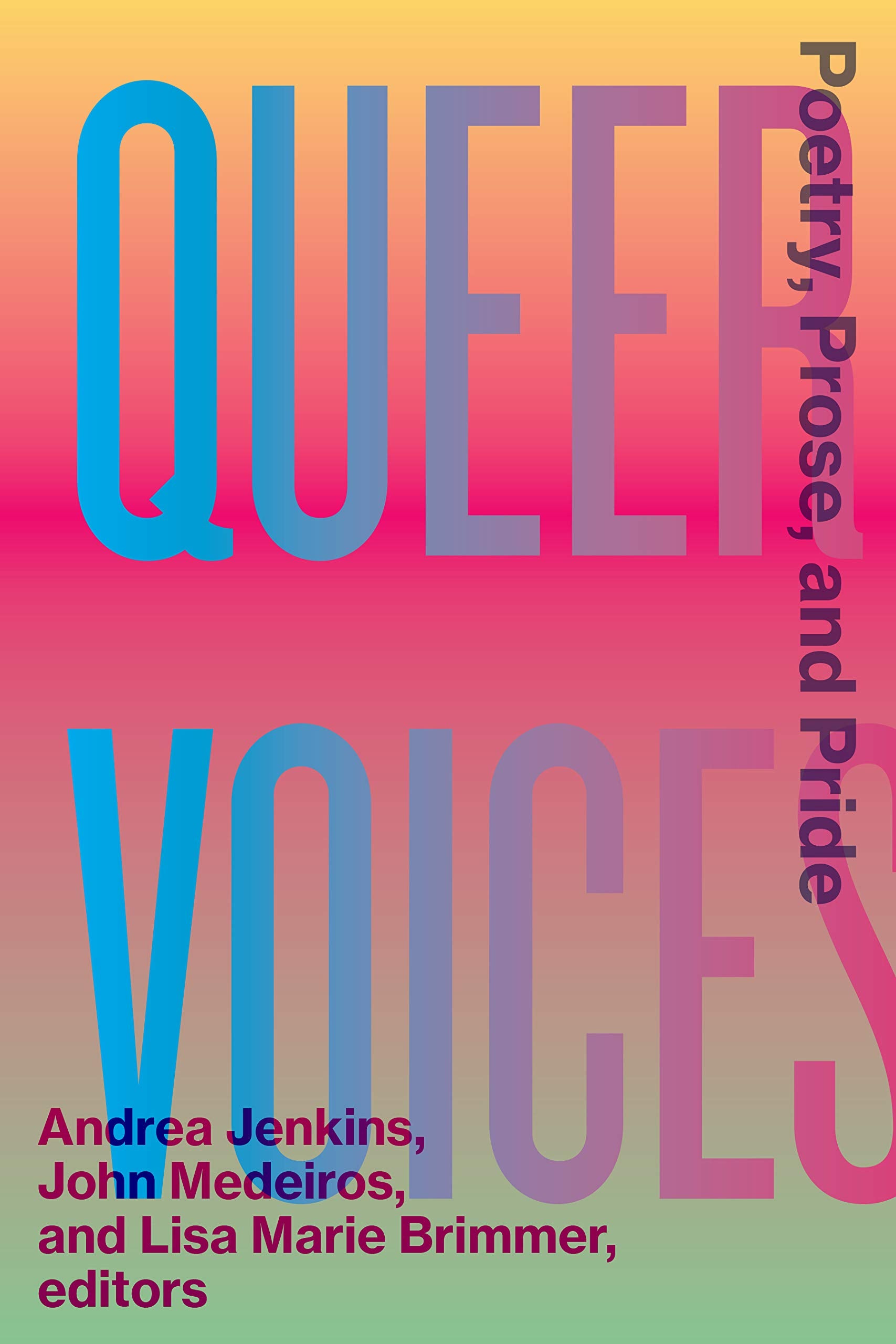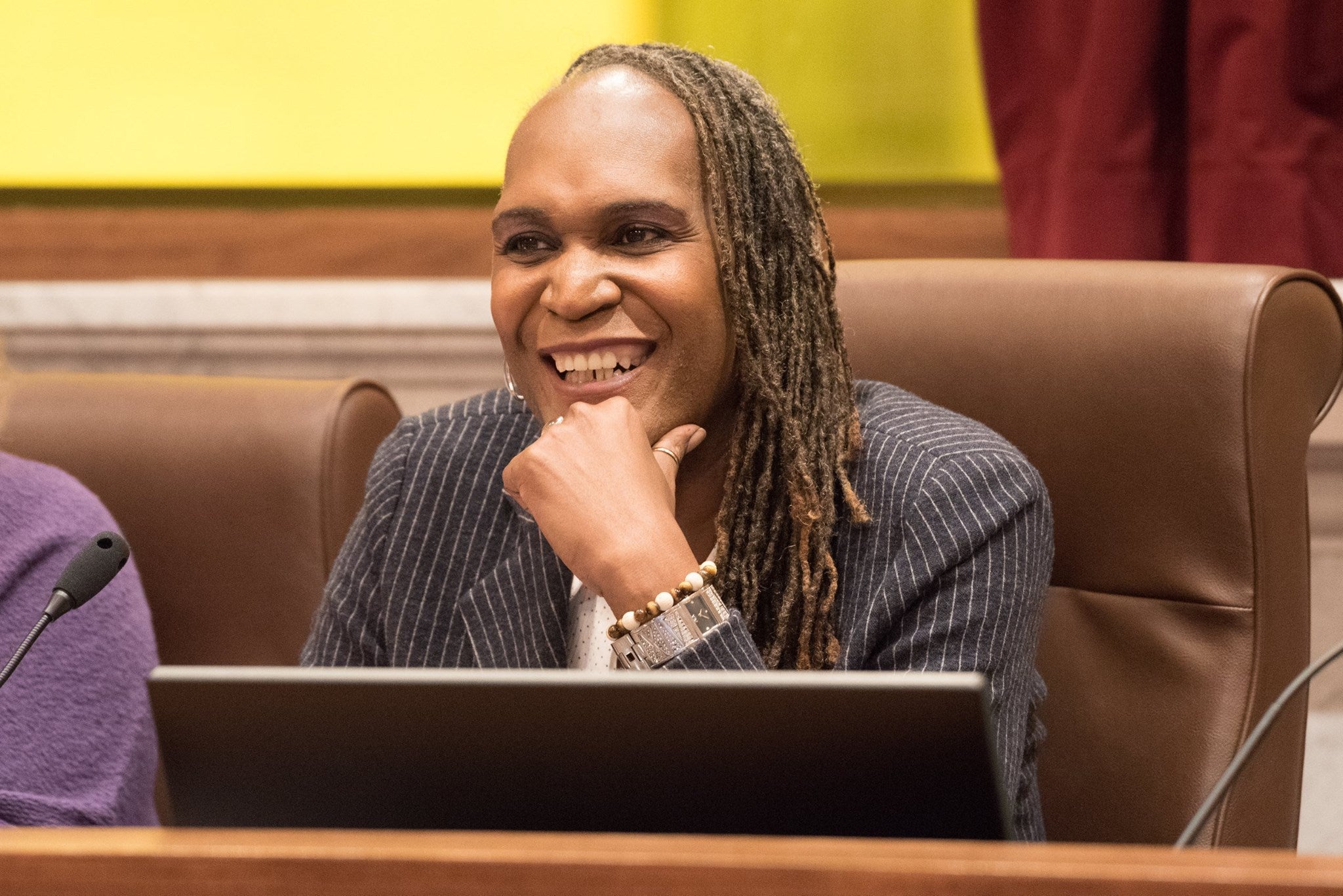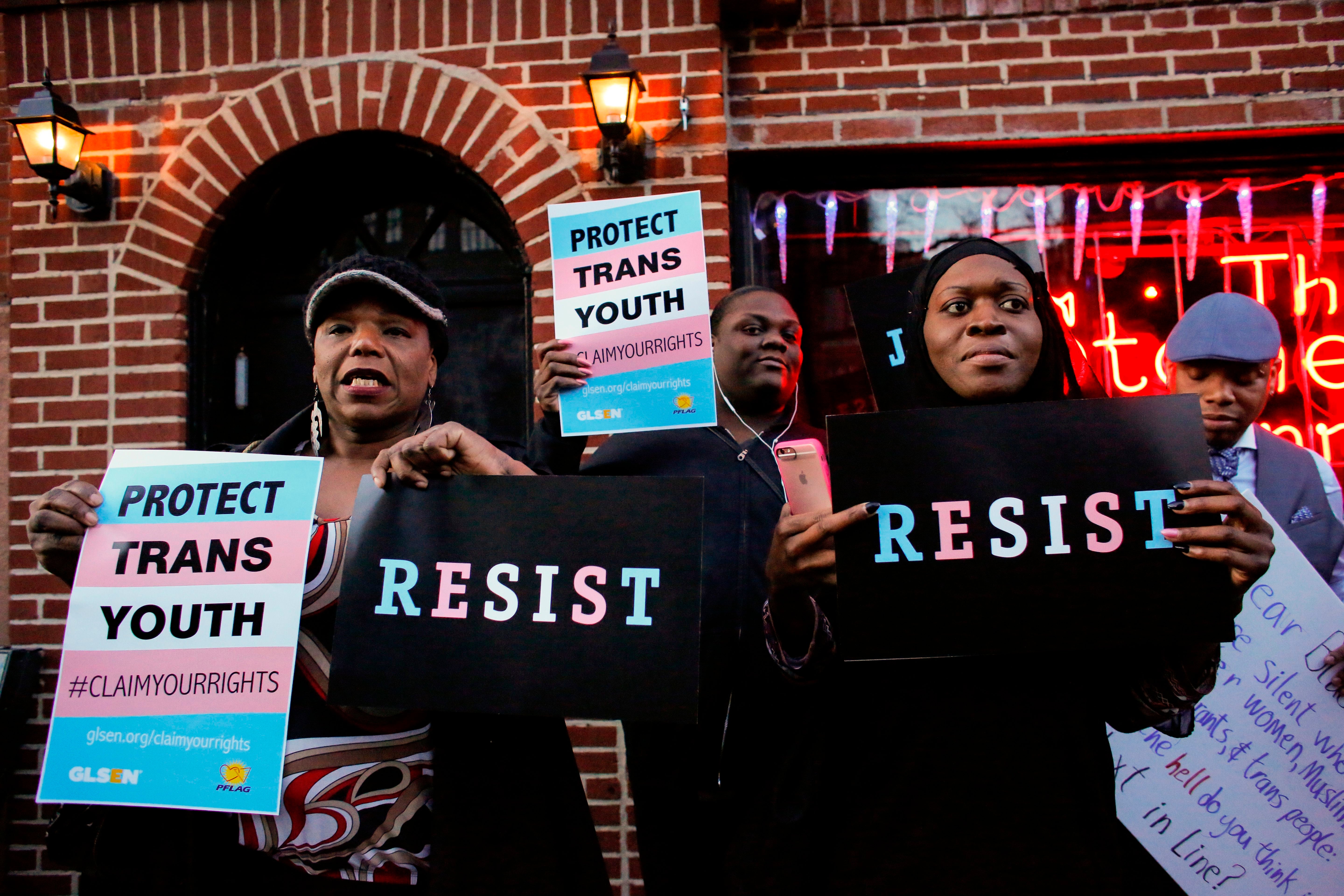Andrea Jenkins never intended to run for Vice President of the Minneapolis City Council. It wasn’t a goal of hers to make history as the first Black trans woman to hold elected office in the United States, nor to become the heralded symbol of hope for what a new democracy could look like.
Instead, that destiny chose her.
Voices much like hers serve as a reminder that history-makers aren’t always the ones who raise their hands first. Often times they’re the ones who resistantly answer the call of a higher purpose, do the work too many are unwilling to do, and create change in a way that nobody else can.
“At the risk of seeming ridiculous, let me say that the true revolutionary is guided by a great feeling of love.” Jenkins reads the words from her shirt during a recent phone interview with ESSENCE, before adding, “I live my life from that.”
The Ernest Che Guevera quote is deeply embedded into the ethos of the woman who has spent three decades making an impact in local government, away from mainstream headlines. At her core, Jenkins is a poet and artist. She’s exhibited her visual art over a dozen times and presented her poetry and opinions everywhere from the White House to Harvard. Recently she also co-edited and released Queer Voices: Poetry, Prose and Pride. But in the wee hours of November 9, 2016, a certain fire was lit that would set ablaze a certain desire Jenkins never knew she possessed.

I was like, “I got to step into the fray. I can’t leave this to the crazies,” Jenkins says of her reaction to the election of T.V. personality Donald Trump. With the country at risk, the openly trans progressive says she put her well-founded fears to the side and listened to the swelling chorus of community members who chanted “Run Andrea, Run!”
The rare opportunity to take over a position that had no incumbent made the role even more engaging. And having served for years at the local level, Jenkins understood the significance of city politics.
“Cities had already been at the forefront of making change in America,” Jenkins affirms. “Cities are leading on climate change. Cities are leading on a $15 minimum wage. Cities are really tackling bail reform and all of these issues that our federal government is sort of just kicking down… And I knew I needed to get engaged.”
With the backing of more than 5,000 people on social media, and a dedicated group of individuals who pledged their support with money, time, and talents, Jenkins cemented her name in the history books of this nation and quickly got to work.
On the night of her 2017 election, she, along with two other African Americans were elected to a city council that previously only had two people of color. Jenkins credits the diversity with helping to shift discussions and generate more inclusive policies. She hopes that it translates into real, positive outcomes for low-income residents and communities of color.
The native Chicagoan who’s called Minnesota home for the past 30 years tells ESSENCE that in the Twin Cities, the Black community is roughly 20 percent of the population, yet rank the lowest in terms of home ownership, access to quality health care, access to education, and unemployment. “It’s just horrific numbers all the way down,” Jenkins laments.

Affordable housing has also presented a “really pernicious problem” as Jenkins describes it, and is deeply impacting women of color with children. Beyond that, police accountability in the Minneapolis-St. Paul area has become an issue too large to ignore. While earlier this year a Minnesota jury found Somali-American police officer Mohamed Noor guilty of fatally shooting Justine Ruszczyk, a White Australian woman, a not-guilty verdict was returned during the trial of Philando Castile, who was also murdered by a police officer in the Twin Cities area.
Jenkins is working hard to challenge the inequities, both as a member on the public safety committee to which the police department reports, and as the chair of Minneapolis’ Strategic Racial Equity Action Plan (S-REAP) subcommittee. The goal of the group is to infuse race equity into every decision the city makes and every dollar that is spent.
“We’re trying to really ensure that we are including businesses of color and businesses from underrepresented communities in that thought process,” explains Jenkins who holds a master’s degree in community economic development. “The theory and the hope and desire is that intentionally creating this Strategic Race Equity Action Plan will help mitigate some of those oppressions and systemic racist policies that we have… And overcome those if you will.”
As a trans, Black woman Jenkins is all too familiar with feelings of oppression and marginalization. She’s been fighting on behalf of the community for more than half of her life and continues to pour into the lives of those who identify as LGBTQ+. This month marks 50 years since the Stonewall uprising, where members of the LGBT community rallied against New York City police and set off a series of demonstrations that would lead to the gay liberation movement. And though much progress has been made in the fight for LGBT rights, Jenkins is careful to point out that Black trans women are still in a fight for their lives.
“What is really just so disturbing right now is so many Black trans women are being targeted for violence and harassment and murder. It’s an epidemic,” Jenkins passionately states. “Since 2013, there have been 168 trans women of color murdered in this country. That is insane! And if that was any other community, we know that there would be an outrage.”

It’s been 50 years since Stonewall, and more than half a century since the signing of the Civil Rights Act of 1968. Yet, those who should have greatly benefited from both these events, still lack the protection of the policies that were established in their wake.
According to the Human Rights Campaign, since the start of 2019, at least 11 trans, Black women have been violently killed. Those who identify as such also face homelessness and joblessness at alarming rates. Jenkins believes the answer is more acceptance, but passionately defends working on behalf of those who refuse to see her.
“My whole life I’ve been fighting, trying to improve conditions for Black people. That’s what I will continue to do, even if they never stand up for me,” Jenkins says with conviction. “That’s my commitment. That’s my rent for being here… For living on this planet. But it breaks my heart to know that a lot of my cousins don’t feel the same way about me.”
Reading the news headlines and scrolling through social media have become somewhat of a trigger for the long-time activist. It’s also caused her to ask very valid questions which explore the intersectionality of the often-diminished group:
“When Black trans women get murdered, it shouldn’t be about ‘Oh she was trans’ or ‘What was she doing?’ She’s a Black woman. She’s Black first. So if we say ‘Black lives matter,’ then why doesn’t her life matter? Why doesn’t my life matter?”
Jenkins hopes that her visibility on such a large platform helps to open the eyes of those who have created a negative narrative around what it means to be trans. “Black trans women are brilliant and definitely are qualified to contribute to our culture and society and in more ways than just dancing on our stages,” Jenkins stresses. But beyond changing the minds of naysayers, the glass ceiling breaker is more interested in shaping a positive self-image for future generations who are poised to take her place.
“Because our city council meetings are televised, every other week a Black trans kid will come up to me and say, ‘I saw you on TV.’ And they have tears in their eyes, and it means something,” Jenkins candidly shares. “Me being there says to them that they can walk into these spaces and walk confidently and proudly and hold their heads up as they offer their talents.”
Jenkins may sit in an office she never wanted, and hold a title that she never expected. But like a true revolutionary, the author-artist-activist is bringing love and an undeniable passion for the position that destiny ultimately chose for her.
*Lead photo courtesy of Scott Streble

